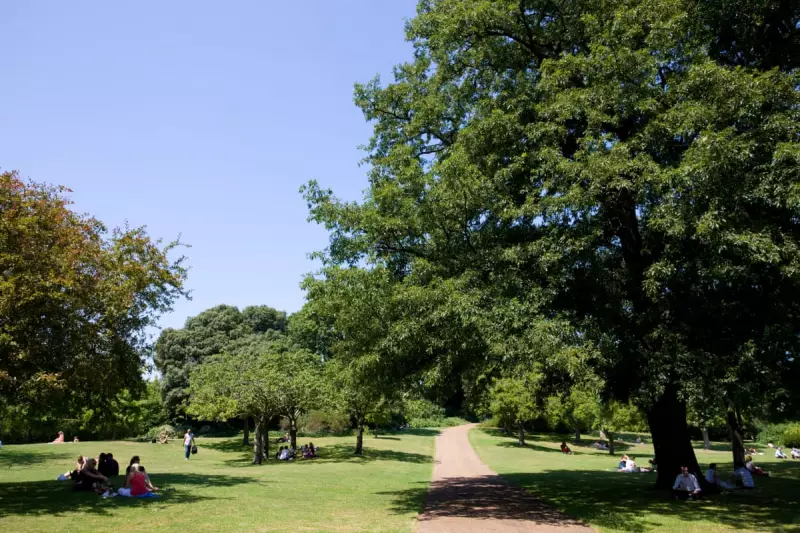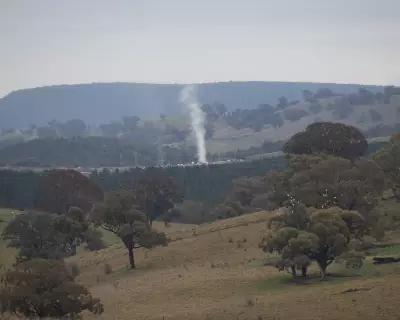
A startling new report has sounded the alarm on Britain's growing estrangement from the natural world, revealing a disconnect with profound implications for our collective wellbeing and environmental future.
The Stark Reality of Britain's Nature Deficit
Commissioned by the Wildlife and Countryside Link, the comprehensive study paints a concerning picture of modern British life. Despite our celebrated landscapes and green spaces, many citizens have become increasingly detached from the natural environment that surrounds them.
This separation isn't merely philosophical – it carries tangible consequences for both personal health and national environmental priorities.
The Mental Health Emergency
The findings highlight a crucial correlation: our distance from nature coincides with rising mental health challenges across the nation. The report suggests that restoring this connection could serve as a powerful, accessible remedy for anxiety, depression, and urban stress.
Regular contact with green spaces has been shown to reduce cortisol levels, improve mood, and enhance cognitive function. Yet for many Britons, such experiences have become increasingly rare.
Beyond Individual Benefits: The Community Dimension
The report extends beyond individual wellbeing to examine broader social implications. Communities with stronger nature connections demonstrate:
- Enhanced social cohesion and neighbourly bonds
- Increased civic engagement and volunteerism
- Greater intergenerational understanding and shared experiences
- Stronger local identity and place attachment
The Environmental Action Gap
Perhaps most critically, the research identifies a direct link between nature connection and environmental stewardship. People who feel connected to their natural surroundings are:
- More likely to support conservation efforts
- More inclined to adopt sustainable lifestyles
- Better informed about ecological challenges
- More active in advocating for policy changes
This suggests that addressing the nature connection gap is essential for meeting Britain's climate and biodiversity targets.
A Path Forward: Rebuilding the Bond
The report doesn't merely diagnose the problem – it offers a roadmap for restoration. Key recommendations include:
Transforming urban planning to prioritise accessible green spaces in every community, ensuring that nature isn't a luxury but a fundamental component of daily life.
Revolutionising education by embedding outdoor learning and environmental literacy throughout the curriculum, fostering early connections with the natural world.
Supporting community initiatives that bring people together in green spaces, from urban farming projects to local conservation volunteering.
A National Conversation
This research arrives at a critical juncture, as Britain grapples with multiple overlapping crises – from mental health challenges to climate emergency. The findings suggest these issues share a common thread: our relationship with the natural world.
Restoring Britain's connection to nature isn't merely about preserving beautiful landscapes; it's about rebuilding the foundation of our health, our communities, and our environmental future. The time has come to make nature connection a national priority rather than a personal luxury.





